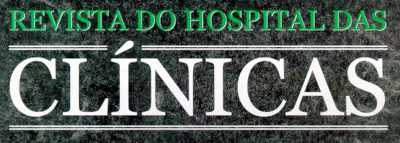Several drugs and their associations are being used for adjuvant or complementary chemotherapy with the aim of improving results of gastric cancer treatment. The objective of this study was to verify the impact of these drugs on nutrition and on survival rate after radical treatment of 53 patients with gastric cancer in stage III of the TNM classification. A control group including 28 patients who had only undergone radical resection was compared to a group of 25 patients who underwent the same operative technique followed by adjuvant polychemotherapy with FAM (5-fluorouracil, Adriamycin, and mitomycin C). In this latter group, chemotherapy toxicity in relation to hepatic, renal, cardiologic, neurological, hematologic, gastrointestinal, and dermatological functions was also studied. There was no significant difference on admission between both groups in relation to gender, race, macroscopic tumoral type of tumor according to the Borrmann classification, location of the tumor in the stomach, length of the gastric resection, or response to cutaneous tests on delayed sensitivity. Chemotherapy was started on average, 2.3 months following surgical treatment. Clinical and laboratory follow-up of all patients continued for 5 years. The following conclusions were reached: 1) The nutritional status and incidence of gastrointestinal manifestation were similar in both groups; 2) There was no occurrence of cardiac, renal, neurological, or hepatic toxicity or death due to the chemotherapeutic method per se; 3) Dermatological alterations and hematological toxicity occurred exclusively in patients who underwent polychemotherapy; 4) There was no significant difference between the rate and site of tumoral recurrence, the disease-free interval, or the survival rate of both study groups; 5) Therefore, we concluded, after a 5-year follow-up, chemotherapy with the FAM regimen did not increase the survival rate.
Gastric Cancer; Chemotherapy; Gastrectomy; Survival; FAM regimen










